-
News & Trends -
Sales -
Marketing Related Topics -
B2B Software Guides Related Topics -
Free Tools & Resources -
- About Us About Us


Recruitment CRMs are software that help recruiting agencies and teams track and engage with candidates and new hires. The top recruiting CRMs usually offer applicant tracking system (ATS) features like job board integrations and candidate scoring with typical CRM tools like activity tracking and an array of onboarding capabilities. We’ve identified the seven best recruiting CRMs to help you decide which would be the best for you and your team.
Here are the top seven CRMs for the recruiting industry:
Overall, we found that Manatal is the best recruitment CRM, scoring the highest for ease of use and customer support. Most of our highest scoring options are industry-specific software, but three general CRMs made it onto the list as well. Continue reading to see each option’s use case, pricing, and key features, or jump down to see how we evaluated each CRM software.
Note: All per-user prices are with a one-year commitment unless noted otherwise.
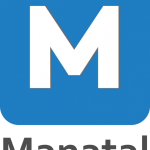
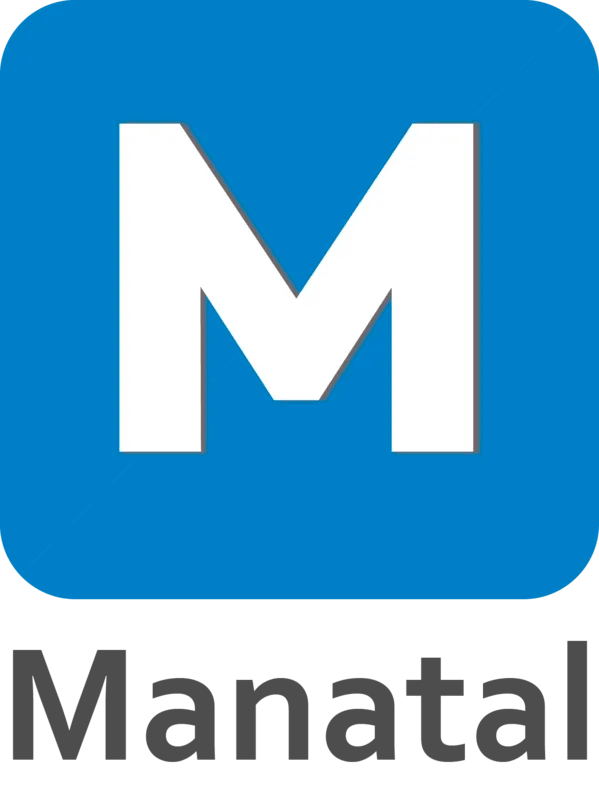
Offers AI-integrated software within an easy-to-use powerhouse recruitment and tracking CRM.
Manatal is AI-powered software that allows you to house your full recruitment life cycle in one career page hub. You can build holistic profiles for candidates with drag-and-drop imports, then provide collaborative feedback, track activity, and add custom tags to a candidate's profile as they progress through your hiring process. Manatal’s user-friendly platform, which has received glowing reviews, is hosted in the cloud, so setting it up requires little to no training.
Although you can brand your career page using a preset Manatal template, design options for the career page are limited. For more creative freedom when building out your pages and dashboard, try HubSpot CRM’s free reporting and dashboard templates and design tools.
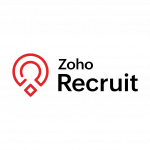
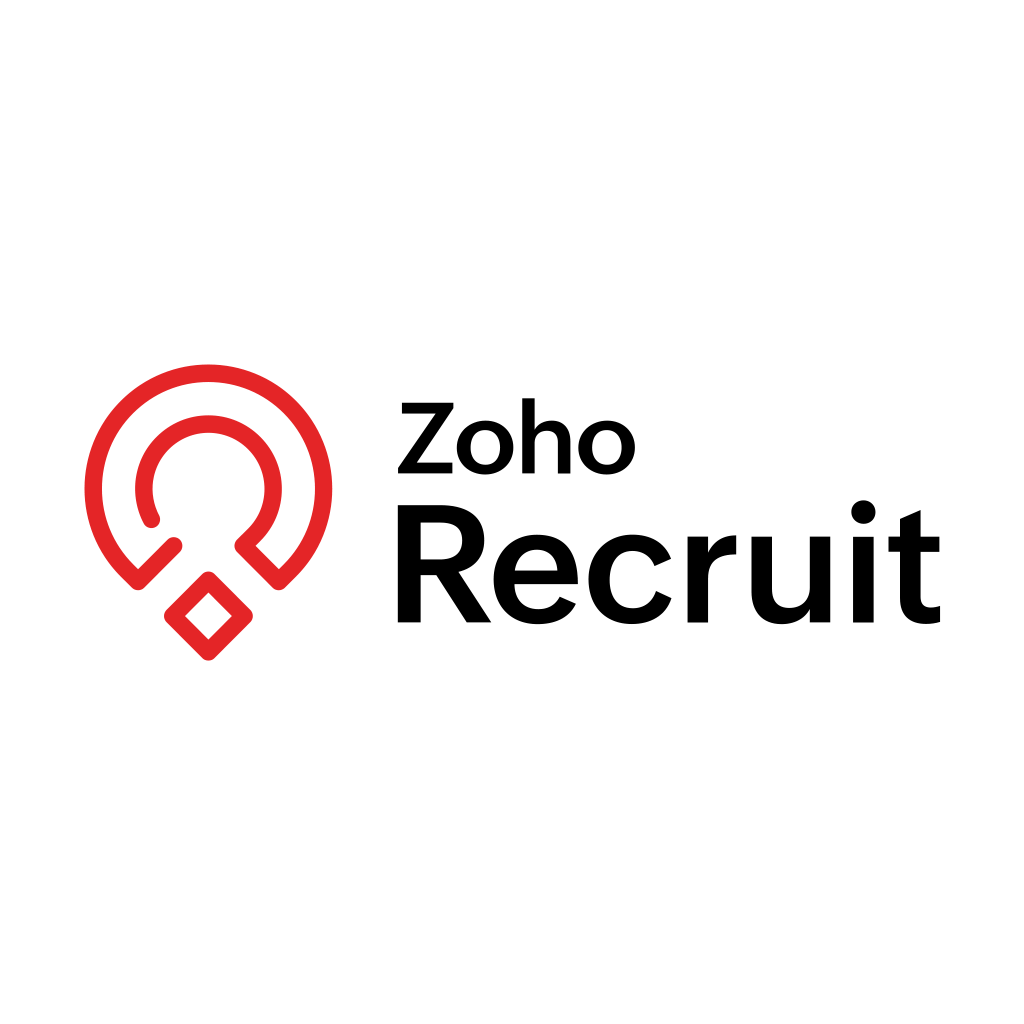
Brings scalability and custom integrations to recruiting agencies or internal HR teams.
Zoho Recruit is a cloud-based hiring platform that helps organize talent sourcing from multiple streams. Integration capabilities with Zoho CRM are vast, starting with social media and job boards including LinkedIn, Indeed, and Monster. Once you import applicants, you can build candidate pipelines through browser extensions like SignalHire and contact candidates via a PhoneBridge integration. Other add-ons include document signing and background checks.
Zoho Recruit allows you to customize your recruitment process with these extensive integration options, but access to all of them can be costly. If you need a strong CRM without many add-on fees, consider Manatal, our number-one winner.


Helps recruiters track applications and manage recruitment processes with colorful boards.
monday.com is a work management platform offering recruiters colorful kanban boards to monitor the status of their hiring processes. Set up your recruitment pipeline with free templates, and start collecting applications via custom forms linked to your boards and workflows. Invite interviewers to your boards and ask them to leave notes for each applicant, and set up triggers to automatically email a candidate when their application status changes.
While monday.com is a great tool for organizing your hiring process, it doesn’t have a built-in AI assistant for robust workflows. If AI-powered automation is important to you, check out Zoho Recruit, which features Zia AI.
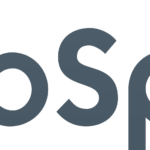

Offers free CRM sales and marketing functions with the ability to upgrade to paid tiers.
HubSpot CRM is leading free CRM software with free sales, marketing, CMS, and operation tools. From email marketing and landing page creations for attracting applicants to document storing and data tracking for live hire analytics, HubSpot CRM’s free features cover any stage of your recruiting process (searching for, coordinating with, and onboarding talent). If you ever need specific tools like esignatures and 1v1 video hosting, you can upgrade your plan.
HubSpot CRM’s free version is strong and has all the necessary core features. But if you need additional industry-specific features without such steep upgrade fees, check out Manatal, which offers a free trial and reasonably priced tiers.


Provides CRM and ATS tools specialized for searching and scoring candidates of all skillsets.
Recruiterflow is a CRM that hosts an entire ecosystem of tools to help you run and scale your recruiting efforts. Customize searching criteria for filtering as well as skill set assessments, which you can automatically send to candidates to complete prior to interviewing. You can also leverage features such as bulk emailing, job board integrations, and social media posting to help you identify, engage, and then qualify the best candidates for your openings.
Even with all of its candidate scoring features like scorecards and parsing, Recruiterflow has the highest-priced tiers on this list. For more affordable levels and great core offerings, look into Manatal as an alternative.
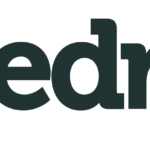

Delivers holistic sales CRM tools and a range of add-on features for ultimate customization.
Pipedrive is a CRM that manages applicants and candidates across several pipelines. You can customize your recruiting process with advanced add-on features, including LeadBooster to engage with inbound and outbound applicants through your site, Campaigns to create and send mass emails to candidates, and Smart Docs to collect esignatures on hiring documents. This emphasis on diverse offerings means you pay for only the advanced features you need.
Pipedrive is a strong general CRM, but some features may not be applicable to your recruitment and onboarding processes. For a more recruiting industry–specific CRM, see Manatal, which also allows for candidate profiles, a visual pipeline, and easy ways to engage with applicants.
Offers CRM and ATS functions prioritizing your candidate onboarding and hiring experience.
Tracker is a recruitment CRM and ATS that provides core recruiting tools like job board integration and automated marketing. Tracker’s functionality goes beyond its candidate sourcing as it offers extensive onboarding, compliance, and back office features. You can build onboarding workflows with esignatures for contract signing and AI face recognition for remote candidate identity verification, which ensure efficiency and accuracy in hiring.
Tracker is great to host onboarding in addition to basic CRM offerings, but there’s limited information regarding pricing available online. If you’re looking for a CRM with upfront pricing that caters more to candidate skill set matching and assessment, check out Manatal.
The top-ranking recruitment CRMs offer features such as:
With candidate shortlisting, you can mark candidates who are best fits for an opening. Sample criteria include whether they're actively in the market, are in your salary range, or match the job description skill set.
To accurately score and determine the best recruiting CRM software, we defined six main categories that consisted of weighted subcriteria. Within each category, we ranked the tools out of five points and then added each up to get the total score. The CRM with the highest score was our overall winner, though all options have clear strengths. We also used our research to identify an ideal use case for each CRM option.
We prioritized scoring each software based on their recruitment tools and core CRM features, followed by their cost, to ensure each option offers holistic services at a fair price. Next, we considered ease of use and customization capabilities, as well as the type and quality of customer support solutions available for each tier.
We considered the industry-specific features offered by each CRM, such as candidate tracking and shortlisting, onboarding capabilities, skillset matching, and more.
This includes each option’s core CRM offerings like user activity tracking, pipeline management, and reports and dashboards.
We scored each software's subscription costs, billing options, and free trial periods or free versions, if offered.
We checked each tool’s usability based on customer ratings from review sites and if it offered resources like knowledge bases, training, and onboarding.
We evaluated each software’s customization capabilities in terms of onboarding, reporting metrics, views and filters, and the availability of third-party app integrations.
We assessed the type and quality of support solutions offered via phone, email, and live chat. We also looked into real user feedback on reputable review sites.
Recruitment CRMs are specialized software or tools designed to streamline staffing and recruiting processes. Companies and organizations can use this type of software for managing candidate relationships, tracking applications, and helping hiring teams collaborate easily. Having a reliable recruitment CRM ensures that your hiring process is efficient and that you make data-driven decisions when choosing candidates for specific roles.
When weighing your recruitment CRM software options, look for a balance of
industry-specificfeatures like candidate tracking, shortlisting and scoring, and onboarding capabilities, as well as core CRM features such as contact management, pipelines, and basic reporting tools. Recruitment CRMs should also be affordable and transparent in their pricing, be easy to use, and offer customization capabilities or third-party app integrations.
To determine the best recruitment CRM for your company or business, start by assessing your specific needs and goals in the hiring process. Also consider your budget and the capacity of your hiring team, so you’ll know how your chosen CRM can provide cost-effective solutions. It’s also important to read reviews and compare the top recruitment CRMs in the market, or if possible, request demos and trials of the software you’d like to consider.
Recruitment CRM software benefits recruiting agencies and TA departments by organizing their hiring from sourcing to placement and everything in between, and it also helps recruiters automate an otherwise tedious process. The top seven recruiting CRMs we’ve researched and ranked all prove to be valuable resources; check them out and see which one works best for you. If you’d prefer a general CRM instead, see our list of the best CRMs for salespeople.
This article was written by Allyssa Haygood-Taylor and updated by Kezia Jungco.


Allyssa is a sales writer with a background in B2B sales and account management. After earning her degree in English and communications, she spent her selling career supporting Fortune 1000 IT and finance companies including Bank of America, Wells Fargo, and Credit Karma. As a staff writer for Selling Signals, her specialties include lead nurturing, lead generation, and sales software topics. When she's not writing or updating articles, you can find Allyssa writing poetry, traveling, or picking up any new creative hobby.

Selling Signals delivers actionable advice for sales and marketing professionals. Learn strategies that help you hit targets, strengthen customer relationships, and win more business. Get expert advice on lead generation, sales processes, CRM software, sales management, and account management directly to your inbox.
Property of TechnologyAdvice. © 2026 TechnologyAdvice. All Rights Reserved
Advertiser Disclosure: Some of the products that appear on this site are from companies from which TechnologyAdvice receives compensation. This compensation may impact how and where products appear on this site including, for example, the order in which they appear. TechnologyAdvice does not include all companies or all types of products available in the marketplace.